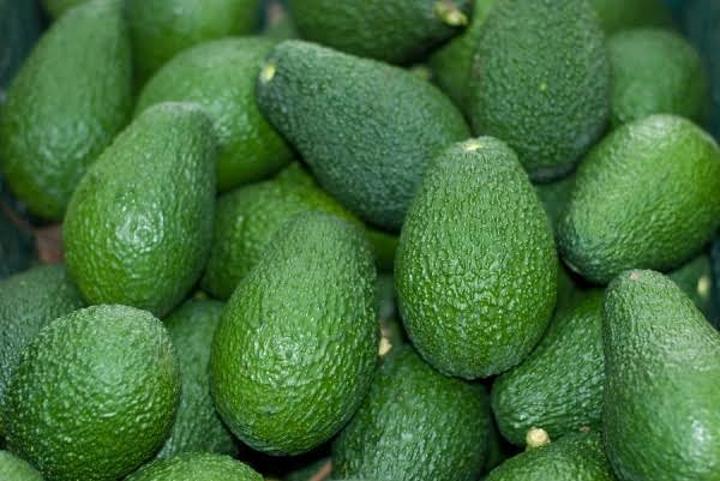Africa-Press – Tanzania. AVOCADO sales increased from 3,696 tonnes in 2015 to 7,190 tonnes in 2019, with the price of the crop increasing from 1,200,000/- per tonne in 2015 to 1,800,000/- per tonne by 2020, it has been learnt.
Deputy Minister for Agriculture, Mr Hussein Bashe unveiled the data on sales of avocados in the Parliament while answering a question from Special Seats MP, Dr Pindi Chana (CCM).
Dr Chana had sought to know the government’s plan to connect farmers in the southern regions, especially Njombe Region with domestic and foreign investors.
The deputy minister noted that the success has been achieved through the Tanzania Agricultural Development Corridor (SAGCOT), where the Ministry of Agriculture has encouraged two investors (Tanzanice Agrofood Ltd & Olivado Tanzania Ltd) in Njombe and Iringa Regions to venture into avocado farming.
According to Mr Bashe, the two investors have consquently joined forces with small farmers, a move that has led to an increase in the sale of avocados and rising prices for the crop.
Mr Bashe pointed out further that the presence of the companies that assure farmers of a reliable market has been a catalyst for the increased production, price and quality of avocados.
The deputy minister insisted that the government recognises the importance of connecting farmers and local and foreign investors to a sustainable system that gives them the opportunity to exist for the benefit of both parties.
“In implementing the plan, the government through the Ministry of Agriculture has been coordinating agreements between buyers or processors and farmers through contract farming to facilitate access to technology, inputs as well as crop markets,” he said.
The deputy minister told the House further that the government through the Agriconnect program implemented in coordination with the Ministry of Agriculture as one of its pillars is to connect farmers and other investors in the value chain.
The programme is being implemented in the Southern Highlands regions including Njombe region where the priority is garden, tea and coffee crops.
In addition, Mr Bashe said, the programme aims to connect farmers with local and foreign markets.







